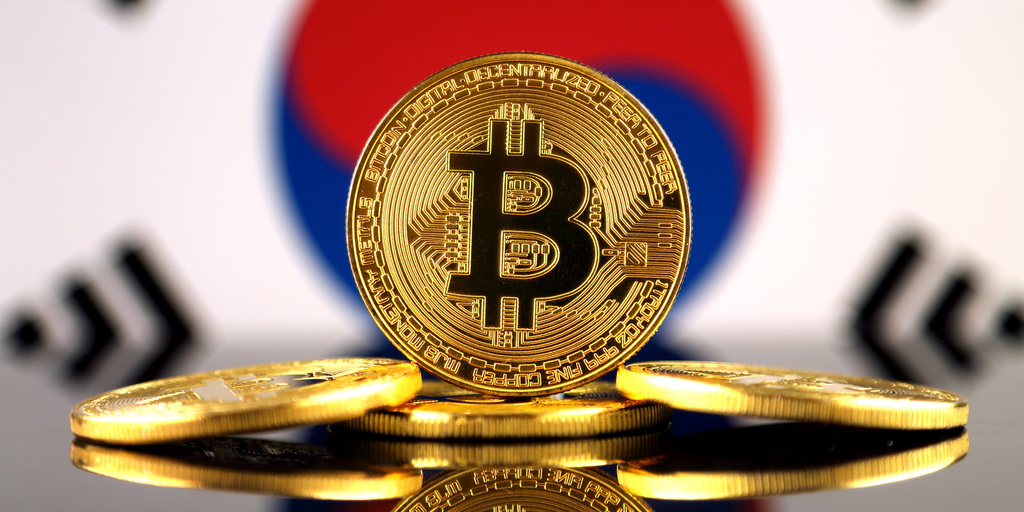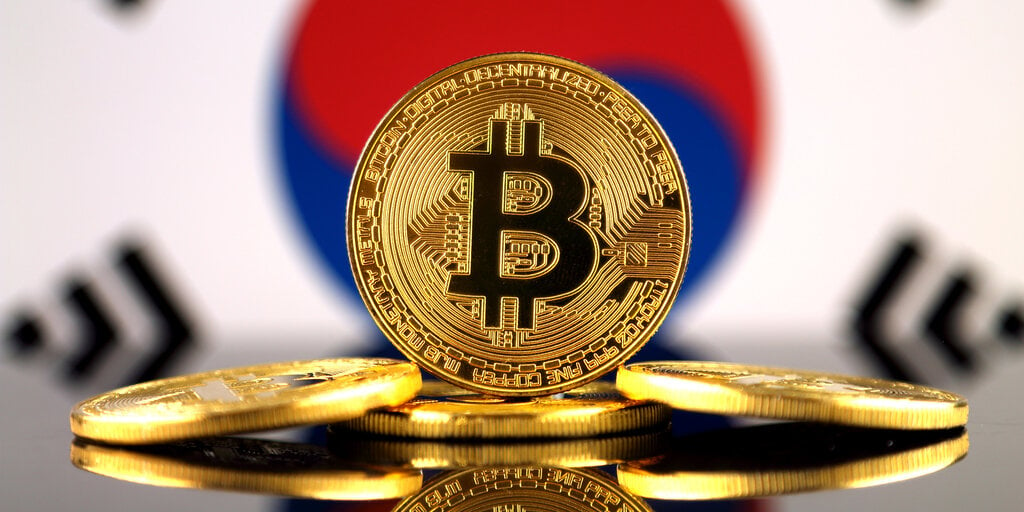
South Korea is set to ease its restrictions on institutional cryptocurrency trading, marking a major policy shift as the government looks to support the country's cryptocurrency sector.
The country's Financial Services Commission (FSC) plans to gradually grant institutions access to local cryptocurrency exchanges, starting with non-profit organizations, according to a translated report. Yonhap News Agency a report.
For years, banking guidelines limited institutional trading, although there was no official ban. Currently, only retail traders in South Korea, who are verified with real name accounts, are allowed to participate in cryptocurrency trading.
However, the Financial Services Commission (FSC) is set to work with its Digital Assets Commission to roll out institutional access in phases, paving the way for wider institutional participation in the market.
The initiative is based on the Virtual Asset User Protection Act, cent Last year to improve investor safeguards and crack down on unfair business practices.
The law introduced strict measures such as requiring exchanges to store user funds in financial institutions, maintain cold wallet reserves, and obtain insurance against potential losses.
The Financial Services Commission (FSC) plans to expand the scope of the law, introducing new regulations for stablecoins, cryptocurrency exchanges, and token listings.
“We need to discuss how to create listing standards, what to do with stablecoins, and how to create codes of conduct for virtual asset exchanges,” FSC Secretary-General Kwon Dae-young told Yonhap. “We will work to comply with global regulations in the virtual assets market.”
Looking to the future, the Financial Services Commission (FSC) is preparing to introduce a system to review the eligibility of major shareholders in virtual asset companies through system reviews. Private Financial Transactions Law.
This law is South Korea's basic law for implementing anti-money laundering and financial transparency standards.
The FSC plans to improve self-regulation in the cryptocurrency industry by tightening screening standards for speculative assets such as memecoins.
The agency also intends to introduce forensic tools to investigate and combat illegal trading behaviours, ensuring a safer environment for users.
While these plans represent progress, South Korea's cryptocurrency reforms have faced major setbacks due to political turmoil.
In December 2024, ousted President Yoon Suk-yul declared martial law amid rising tensions, temporarily. to stop Legislative priorities.
The marginal legislation included the long-awaited legalization of securities token offerings (STOs) and the introduction of real-name corporate accounts.
Modified by Stacey Elliott.
Daily debriefing Newsletter
Start each day with the latest news, plus original features, podcasts, videos and more.
Source link
